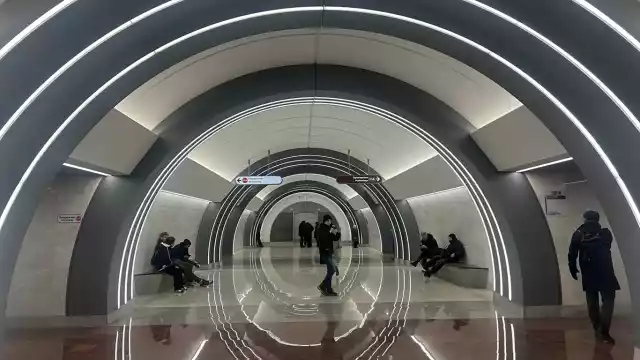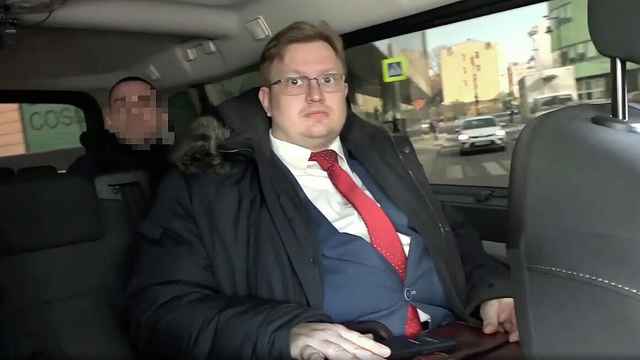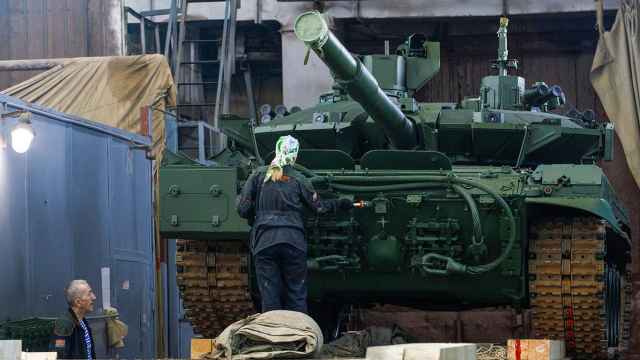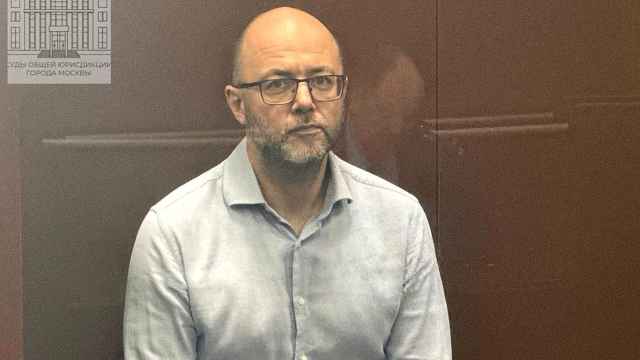Ukrainian President Viktor Yanukovych offered opposition leaders top jobs in the government at talks taking place against a backdrop of resumed street fighting in Kiev.
Pro-Western politician Arseny Yatsenyuk was offered the prime minister's position, Ukrainian Justice Minister Yelena Lukash said.
Heavyweight champion-turned-politician Vitaly Klitchko could become deputy prime minister on humanitarian affairs, she said Saturday.
But Yatsenyuk said on the website of his faction in the Verkhovna Rada, Batkivshchyna (Fatherland), that opposition leaders are still undecided on the deceptively generous offer.
Protest leaders believe that Yanukovych wants to move the responsibility for a near-ruined economy to them, Yatsenyuk said.
The opposition said it will continue talks with Yanukovych, who has so far not budged on their main demand, snap presidential elections.
Yanukovych and the opposition nevertheless clutched some tentative deals, including for amnesty to protesters who fought police in the streets of Kiev in the past weeks.
But the president will only amnesty the opposition if they vacate all administrative offices they have taken over across the strife-torn country.
Unrest that started in Kiev has spread to engulf 13 of 27 Ukrainian regions that saw the same mass protests and attacks on governmental offices.
The trend prompted talks of Yanukovych's slipping hold of the country and even possible partition of Ukraine into the pro-European, Ukrainian-speaking western regions and the Russian-speaking provinces that support Moscow.
Most recently, 41 people were arrested in the central Cherkasy region on Sunday over a failed storming of the regional administration office on Thursday, local prosecutors said.
Yanukovych also agreed to consider amending the draconian laws curtailing the rights to public protest that he pushed through the parliament earlier this month, his office said.
The legislation prompted a spate of violence at the previously mostly peaceful protests in Kiev, ongoing since Yanukovych unexpectedly ditched a geopolitical alliance with the EU for Moscow in November.
Violence resumed Saturday after a brief ceasefire, with protesters unsuccessfully trying to break through a police cordon around the governmental district in central Kiev.
Protesters, most of them ultranationalists, were back to pelting Berkut riot police on the street Vulitsa Hrushevskoho with Molotov cocktails and stones, including via a makeshift catapult.
A mob of several hundred also laid siege to the downtown Ukrainian House convention center, forcing some 200 police holed up there to retreat after a nighttime standoff.
The opposition captured two policemen on Friday, apparently intending to exchange them for detained activists.
But officers' comrades negotiated their release with help of unspecified foreign dignitaries, police said.
Separately, Kiev prosecutors denied Saturday that one of the recent victims of the ongoing riots was shot dead with a police firearm.
At least five opposition supporters have been killed in the infighting so far, most of them shot dead.
The opposition has blamed the deaths on Berkut snipers sighted in the area of the protests.
A Message from The Moscow Times:
Dear readers,
We are facing unprecedented challenges. Russia's Prosecutor General's Office has designated The Moscow Times as an "undesirable" organization, criminalizing our work and putting our staff at risk of prosecution. This follows our earlier unjust labeling as a "foreign agent."
These actions are direct attempts to silence independent journalism in Russia. The authorities claim our work "discredits the decisions of the Russian leadership." We see things differently: we strive to provide accurate, unbiased reporting on Russia.
We, the journalists of The Moscow Times, refuse to be silenced. But to continue our work, we need your help.
Your support, no matter how small, makes a world of difference. If you can, please support us monthly starting from just $2. It's quick to set up, and every contribution makes a significant impact.
By supporting The Moscow Times, you're defending open, independent journalism in the face of repression. Thank you for standing with us.
Remind me later.





